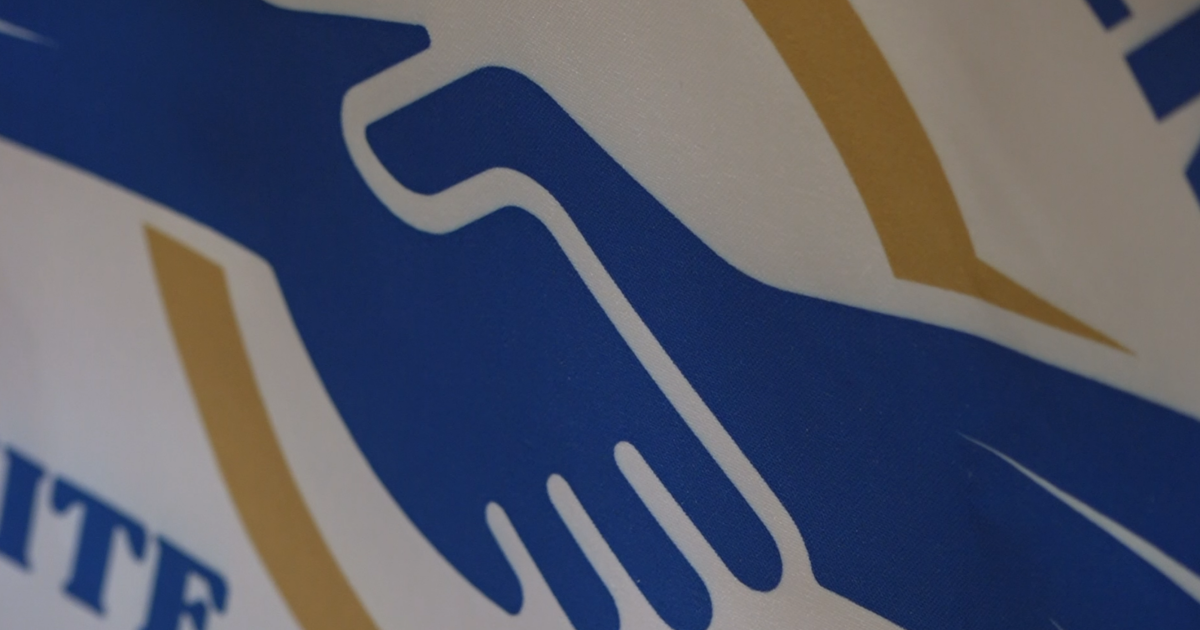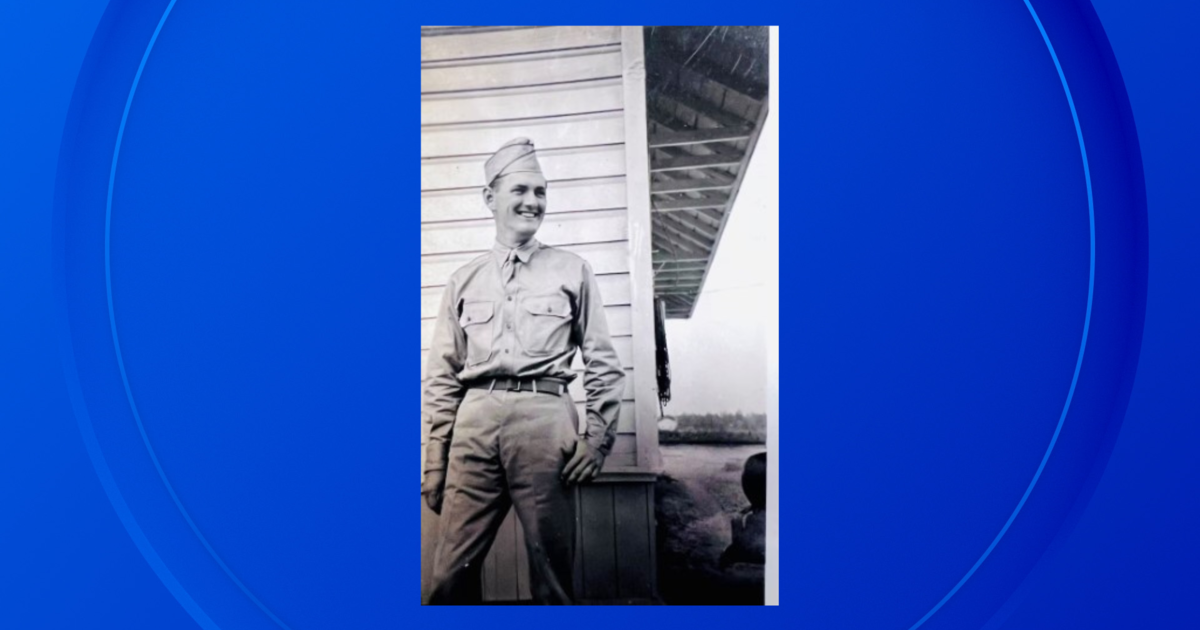Genetic Tumor Analysis Helps Match Cancer Patients To Treatments
ANN ARBOR -- A program to match advanced cancer patients with clinical trials that may help where standard treatments fail has grown out of the research lab of University of Michigan Taubman Scholar Arul Chinnaiyan.
Chinnaiyan, a pathologist whose research lab studies the genetic profile of cancer, said some 30 patients have been enrolled in the study, known as the Michigan Oncology Sequencing Project. He hopes to add as many as 100 in 2012.
"We didn't have to do this, but we are sort of blazing the trail for others to do the same," Chinnaiyan said.
In other words, he and his colleagues figured that as long as they were performing genetic sequencing of cancer tumor samples anyway, as part of their research protocol, they might as well find a way to put the detailed results to practical use.
"We wanted to take this information out of the lab and to the patient," Chinnaiyan said.
Patients generally are referred to the study by their own physicians after unsuccessful treatment using traditional means such as surgery, radiation, chemotherapy or hormonal therapy. Scientists in the Chinnaiyan lab, the Michigan Center for Translational Pathology (MCTP), rapidly sequence as many as 20,000 genes in the tumor biopsy, analyzing the mutations. Based on the biomarkers they identify, they sometimes can direct the patients to trials that aim to address the same aberrations.
The tests can be done in about four weeks, which is important because that's the detox period patients are required to undergo between stopping one form of treatment and participating in a trial. And rapid advances in technology have dropped the cost of sequencing a tumor sample from what might have been millions of dollars a decade or two ago to $3,600 per patient in the Chinnaiyan study.
Not all patients can be matched with a trial, and it's too soon to know if this sort of sequencing is effective, especially since only advanced cancer patients are eligible. That's because it wouldn't be ethical to steer early-stage cancer patients away from proven therapies into experimental trials, Chinnaiyan said. And because cancer cells mutate as a result of treatment, sequencing right after diagnosis might not provide useful information -- it's the genetic changes in the post-treatment tumor that might help inform the patient's next options.
"But sometimes the cancer has become a monster because it's fought off so many drugs," he said. "It's one of the challenges. And we haven't proven that sequencing earlier is of any benefit."
Figuring out the best approach to personalized oncology is a passion for Chinnaiyan, whose interest in biology stretches back to high school. In 1999 he earned a combined M.D. and Ph.D. from the University of Michigan Medical School, aiming to be a researcher as well as a physician. Today, his award-winning lab employs some 75 scientists.
"I was focused on understanding the molecular process of how cells die," he said. "And since cells can become cancer by the prevention of their normal death, I really got into deciphering the mechanism of cancer as well."
Becoming more interested in pathology, he wanted to take research beyond traditional cell-level approaches and go "from the microscope to the molecular," he said.
For example, in 2005, the Chinnaiyan lab made the landmark finding that a high percentage of prostate cancers can be traced to the fusion of two genes; in 2011 the team identified a urine test for that particular gene fusion and is working with a biomedical firm to make the test available outside the lab. Potentially, the test could help certain patients avoid the discomfort and diagnostic problems associated with needle biopsies.
"That is what motivates me: translating what we are doing at the discovery bench and attempting to make an impact on patients' lives," Chinnaiyan said.



